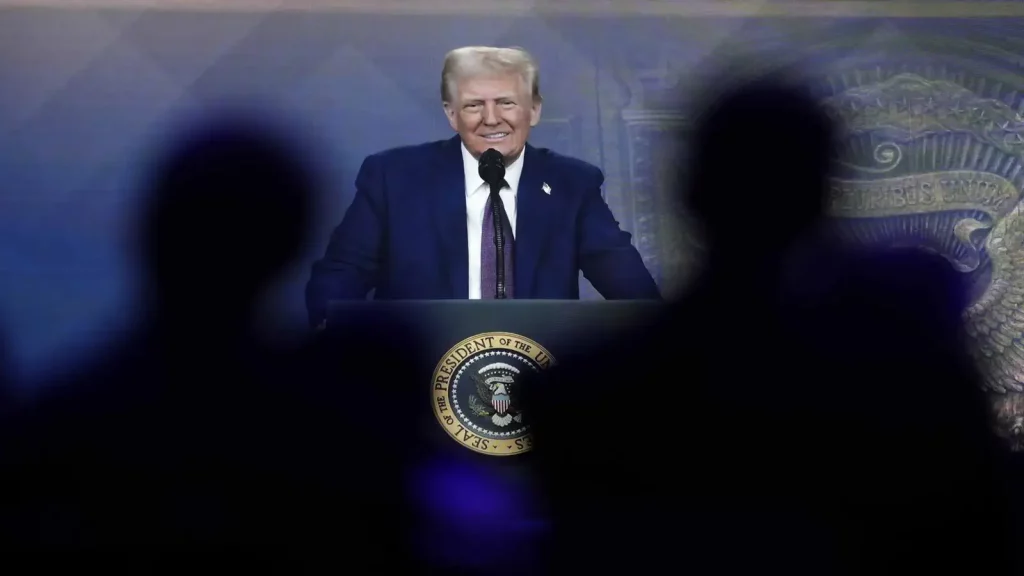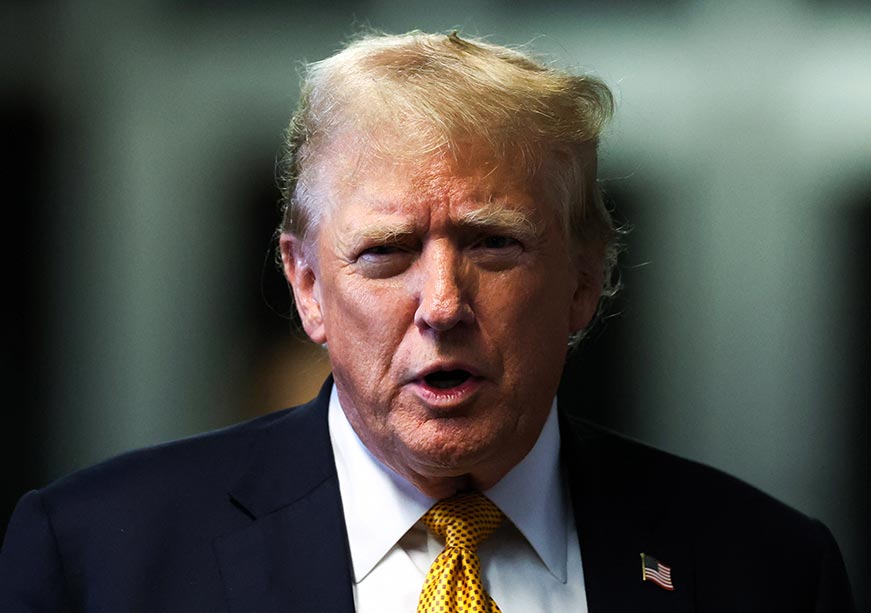In a high-stakes legal battle that has drawn national attention, former President Donald Trump’s recent $20 billion lawsuit against CBS is now under intense scrutiny. Critics argue that the lawsuit is less about genuine legal grievances and more an exercise in “naked forum shopping” — an attempt to manufacture a favorable legal connection by carefully selecting a court system that might offer a strategic advantage.
The Allegations and What They Mean
According to legal experts and media reports, Trump’s legal team appears to be pursuing a tactic that some describe as forum shopping—a process where plaintiffs file lawsuits in jurisdictions believed to be more likely to rule in their favor. In this case, Trump is accused of “naked” forum shopping, meaning that he’s allegedly trying to create or exaggerate a connection to a particular forum solely to secure a more favorable hearing.
The lawsuit, which seeks $20 billion in damages from CBS, claims that the network engaged in actions that the former president views as defamatory or damaging to his reputation. However, detractors argue that the legal claims are tenuous at best, and that the filing is primarily an attempt to manipulate the judicial process by choosing a venue with potentially sympathetic judges or procedural advantages. This strategy, if proven, could set a concerning precedent for how high-profile litigants might bypass traditional jurisdictional rules.
A Legal Strategy or a Desperate Maneuver?
The controversy surrounding the lawsuit goes beyond the merits of the claims. Many legal analysts suggest that the move is indicative of a broader pattern seen in some high-profile cases, where the focus shifts from the substance of the allegations to the tactical selection of the forum. In the current climate, where the judicial system is under intense public scrutiny, such tactics can undermine the perception of fairness and impartiality in legal proceedings.
Critics have pointed to language in the lawsuit that seems designed less to prove wrongdoing by CBS and more to force the issue into a specific court that might view the case more favorably. “It’s a vain effort to manufacture a connection where one doesn’t naturally exist,” commented one legal scholar. “The idea is to cherry-pick a venue that gives the plaintiff an edge, regardless of the actual legal substance of the claims.”
Supporters of Trump, however, contend that every litigant has the right to choose where to file a lawsuit, and that this strategy is simply a legitimate use of legal tools available in our system. They argue that if there is any merit to the claims, then the choice of forum should not detract from the seriousness of the allegations. Nonetheless, the debate has intensified, with both sides dissecting every detail of the filing and its potential implications.
Community and Media Reactions

The lawsuit and its controversial filing strategy have generated a flurry of reactions in both the legal community and among the general public. On social media, pundits and legal experts alike are engaged in a spirited debate over the ethics and implications of forum shopping in high-profile cases. Some see it as a necessary part of vigorous legal advocacy, while others view it as a loophole that undermines the integrity of the judicial system.
Local media outlets have picked up the story, often highlighting the dramatic language of the lawsuit and the broader context of Trump’s legal battles over the past several years. The case has also reignited discussions about media responsibility and the impact of public figures using the legal system as a battleground for political and personal disputes.
For many observers, the lawsuit is a microcosm of the larger, contentious relationship between Trump and the media. Whether one views the legal action as a legitimate attempt to redress grievances or as a strategic move to manipulate the legal process, the case undeniably adds another chapter to the ongoing saga of high-profile litigation in modern American politics.
Looking Ahead: The Implications for Legal and Public Discourse
As the legal proceedings continue, the outcome of this case could have far-reaching implications. If the court rules against the use of such forum shopping tactics, it may prompt a reevaluation of how and where high-profile lawsuits are filed. Such a decision could lead to changes in jurisdictional rules and set new precedents, affecting not only future cases involving public figures but also the broader legal landscape.
Conversely, if the tactic is upheld, it may embolden other litigants to pursue similar strategies, potentially opening the door to a wave of cases where the choice of forum plays an outsized role in the pursuit of justice. In either scenario, the case serves as a potent reminder of the complexities inherent in our legal system, and of the delicate balance between legal strategy and ethical practice.
Summing Up
The indictment of Trump’s $20 billion lawsuit against CBS, with accusations of naked forum shopping, brings into sharp focus the tension between legal maneuvering and the pursuit of genuine justice. While the former president’s supporters argue that the strategy is within his rights, critics insist it undermines the fairness and integrity of the judicial process. As the case unfolds, its outcome will likely reverberate far beyond the immediate parties involved, influencing public discourse on legal ethics, media accountability, and the future of high-stakes litigation in America.

